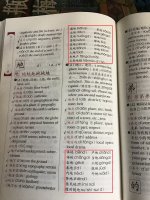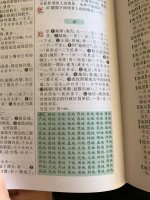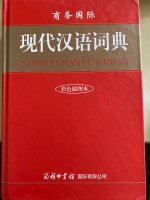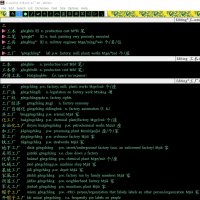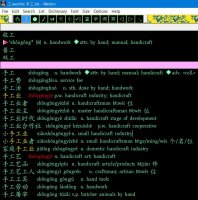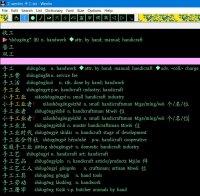Hello,
We know that In most Chinese (monolingual-)bilingual dictionaries, the entries are single characters. Below them, there is usually a list of the polysyllabic words beginning with that entry-character. I know of one paper Chinese-English dictionary (please, see attached snapshots) whose entries also include lists of the polysyllabic words ending with the entries-characters (no definitions nor examples, though). Does anybody know of other Chinese bilingual dictionaries, paper or digital, whose entries include both lists?
Thank you.
We know that In most Chinese (monolingual-)bilingual dictionaries, the entries are single characters. Below them, there is usually a list of the polysyllabic words beginning with that entry-character. I know of one paper Chinese-English dictionary (please, see attached snapshots) whose entries also include lists of the polysyllabic words ending with the entries-characters (no definitions nor examples, though). Does anybody know of other Chinese bilingual dictionaries, paper or digital, whose entries include both lists?
Thank you.
A Learner’s Chinese Dictionary (Chinese Edition): Chief Edtor: Zheng Shupu, Zheng Shu Pu: 9787560079196: Amazon.com: Books
A Learner’s Chinese Dictionary (Chinese Edition) [Chief Edtor: Zheng Shupu, Zheng Shu Pu] on Amazon.com. *FREE* shipping on qualifying offers. A Learner’s Chinese Dictionary (Chinese Edition)
www.amazon.com

